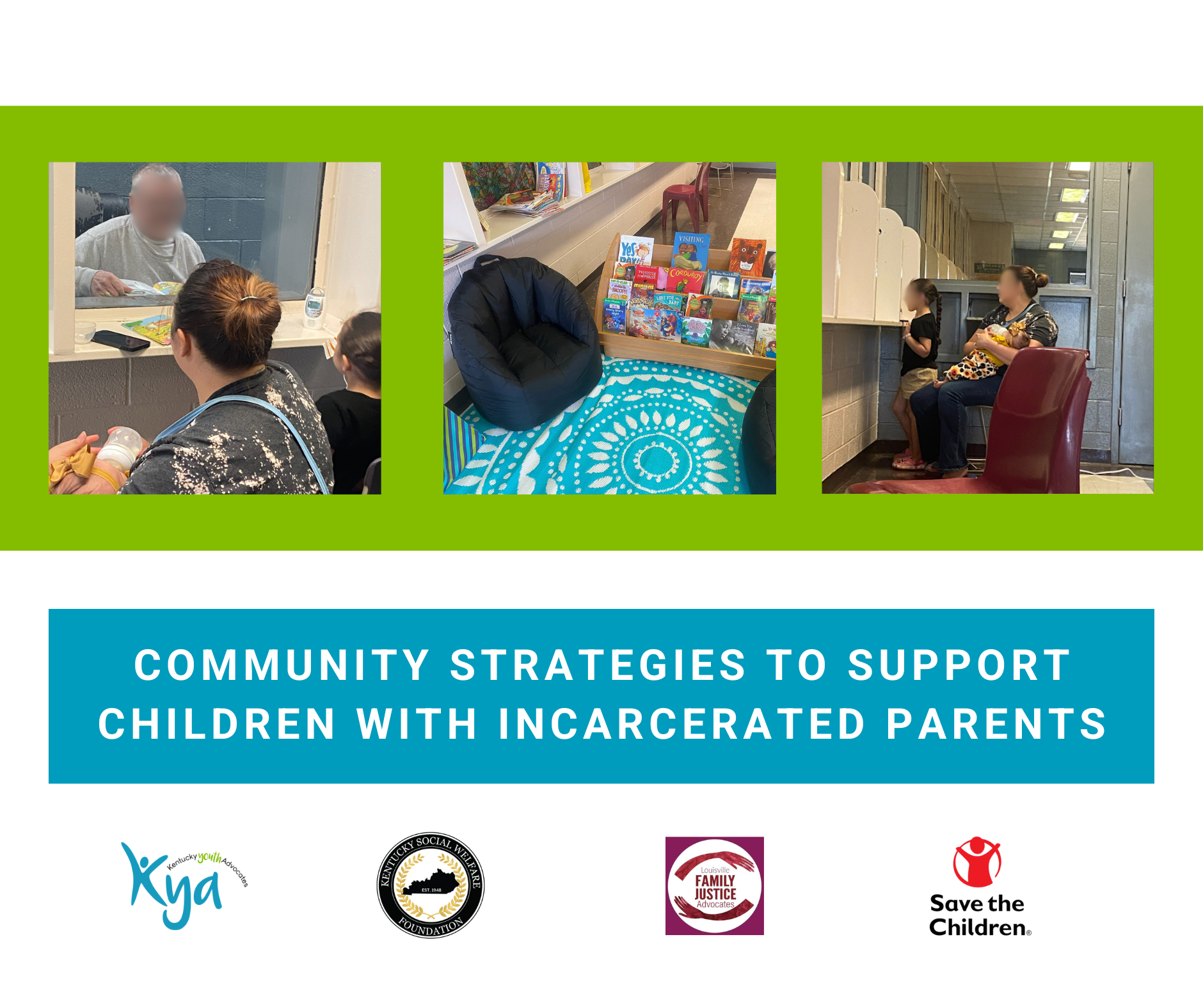 Recently I had a conversation with a case worker who worked with foster care youth. She expressed her concerns about a young adult on her caseload who was about to age out of foster care. She shared that the child experienced significant trauma prior to being placed in the foster care system but had made miraculous improvements as a result of a loving foster family and access to physical and mental health services. “But, I’m worried, Robyn,” the case worker stated, “I have no idea how she will be able to continue with her appointments and treatment if she doesn’t know when and how to recertify her health insurance next year.”
Recently I had a conversation with a case worker who worked with foster care youth. She expressed her concerns about a young adult on her caseload who was about to age out of foster care. She shared that the child experienced significant trauma prior to being placed in the foster care system but had made miraculous improvements as a result of a loving foster family and access to physical and mental health services. “But, I’m worried, Robyn,” the case worker stated, “I have no idea how she will be able to continue with her appointments and treatment if she doesn’t know when and how to recertify her health insurance next year.”
Beginning January 1st of 2014, the Department for Medicaid Services and Department for Community Based Services (DCBS) have ensured that youth exiting the foster care system know they are eligible to continue Medicaid coverage and helped them enroll in coverage when they leave the state’s care. As a result of recent policy changes, Medicaid coverage is now a benefit for former foster youth who aged out of the system between the ages of 18-21 until they turn 26. Medicaid coverage will help this high risk population receive the following health benefits as young adults:
- Medical care, including for chronic conditions like asthma and diabetes
- Vision exams and vision wear
- Substance abuse treatment, such as detox and outpatient services
- Mental health treatment and counseling
- Dental Coverage
However, some barriers exist to ensuring former foster care youth receive the Medicaid coverage they are eligible for. First, youth leaving foster care are responsible for re-enrolling in Medicaid each year after they exit the system. This may be an obstacle for this often transient and low-income population of young people. In order to re-enroll, youth will need to locate and go to their local DCBS offices or have internet/phone access. This might cause some individuals to fail to re-enroll and as a result, face disruptions in health coverage and treatment.
Also, former foster youth who aged out of the system prior to 2014 may not know that they qualify for Medicaid coverage until age 26, how to enroll and access benefits, and how to re-enroll each year. More than 500 young people between the ages of 18-21 age out of Kentucky’s foster care system each year. Without knowledge of this benefit, many former foster care youth may suffer from on-going medical conditions as a result of lack of treatment due to no health insurance.
Other states have taken steps to ensure former foster care youth understand their Medicaid benefit. For example, California saw the need to streamline access to Medicaid coverage for former foster youth and now automatically recertifies Medicaid coverage for former foster youth each year that they are eligible. California also conducted outreach to inform former foster youth of their Medicaid benefit.
Kentucky can implement similar policies and practices to California’s outreach and automatic recertification process to ensure that Kentucky’s foster youth, like the young adult mentioned above, will have access to health coverage as they transition to adulthood.
Want to help spread the word about this health coverage for former foster youth? Share this flier with individuals and organizations who might benefit! You can download a PDF of the flier here.







Leave A Comment